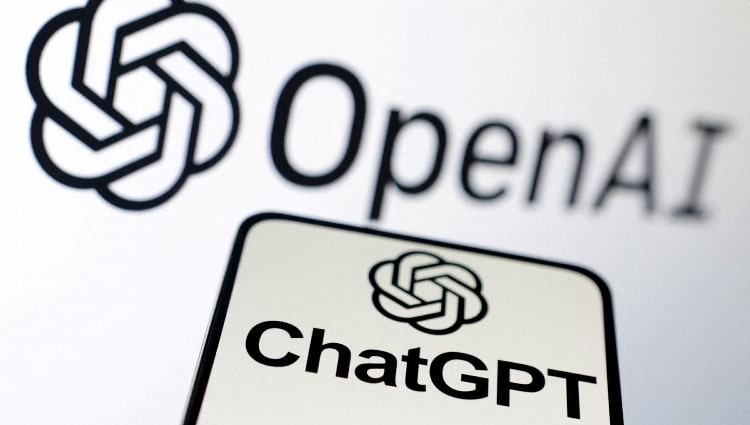
OpenAI's Milestones and Innovations
A Look at the Changing Landscape of ChatGPT
NEWS AI November 7, 2023 Reading time: 2 Minute(s)
OpenAI CEO Sam Altman recently made a groundbreaking announcement at the company's first developer conference in San Francisco: ChatGPT now boasts a remarkable 100 million weekly active users. This revelation comes nearly a year after the service was initially launched and managed to accumulate an impressive 100 million monthly users within just two months, setting a record for the fastest-growing user base in the AI world. Altman also shared that over two million developers have embraced the platform, and more than 92% of Fortune 500 companies are part of this transformation.
These milestones are part of a series of new announcements from OpenAI, signaling a transformative phase for ChatGPT and the field of AI in general.
1. GPT-4 Turbo: A More Powerful and Cost-Efficient AI Model
OpenAI introduced the GPT-4 Turbo, an evolution of its flagship text-generating AI model, GPT-4. This "more powerful" and cost-effective version promises to push the boundaries of what AI can achieve in text generation. The innovation in this model opens up new possibilities for content creation, automation, and communication.
2. GPTs: Empowering Creators with Conversational AI
OpenAI unveiled GPTs, a groundbreaking feature that allows users to create their own versions of the conversational AI system. This democratizes AI development and provides a platform for users to craft AI systems tailored to their specific needs. In an exciting move, OpenAI plans to introduce the "GPT Store," enabling users to publish and share their versions of the system, possibly creating new opportunities for monetization.
3. DALL-E 3 and the Assistants API: Expanding the AI Ecosystem
DALL-E 3, OpenAI's text-to-image model, is now accessible through an API, further extending its utility beyond ChatGPT and Bing Chat. This development opens up new possibilities for creative content generation and enhanced user experiences.
OpenAI has also introduced the Assistants API, a tool that empowers developers to create "agent-like experiences" within their applications. Developers can build AI-driven assistants that leverage external knowledge and tap into OpenAI's generative AI models and tools to perform a wide range of tasks. This API represents a significant step forward in enhancing AI integration in various software applications.
4. Text-to-Speech API: A Multifaceted Audio Experience
OpenAI is introducing a text-to-speech API offering six preset voices to choose from and two generative AI model variants. This API will enable developers to integrate natural-sounding speech into their applications with ease. It provides a user-friendly solution for creating human-like audio content, from voiceovers to interactive virtual assistants.
OpenAI's recent announcements showcase the rapid evolution of AI technology and its integration into everyday life. With ChatGPT's ever-growing user base, the introduction of GPT-4 Turbo, GPTs, DALL-E 3, the Assistants API, and the Text-to-Speech API, OpenAI is not only changing the way we interact with AI but also democratizing AI development and expanding the possibilities for innovation across industries.
The future of AI is promising, and OpenAI's commitment to advancing the field continues to drive transformative changes in how we use and benefit from artificial intelligence.
OpenAI AI ChatGPT GPT-4 Turbo GPTs DALL-E 3 Assistants API Text-to-Speech API Artificial Intelligence Innovations Developer Conference Sam Altman Technology User Base Conversational AI Text Generation Democratization API Integration Text-to-Image Audio Monetization AI Models RSNews RSMax
*Our pages may contain affiliate links. If you buy something via one of our affiliate links, Review Space may earn a commission. Thanks for your support!
CATEGORIES





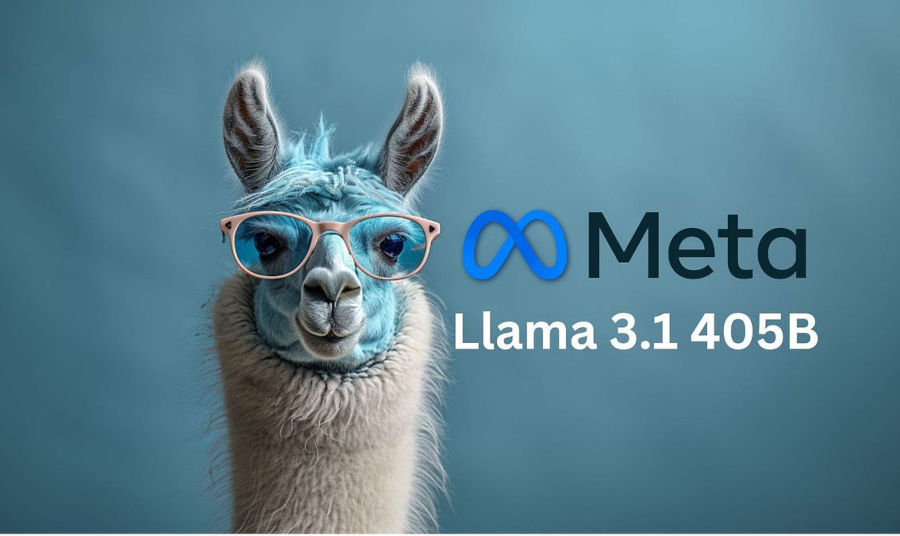

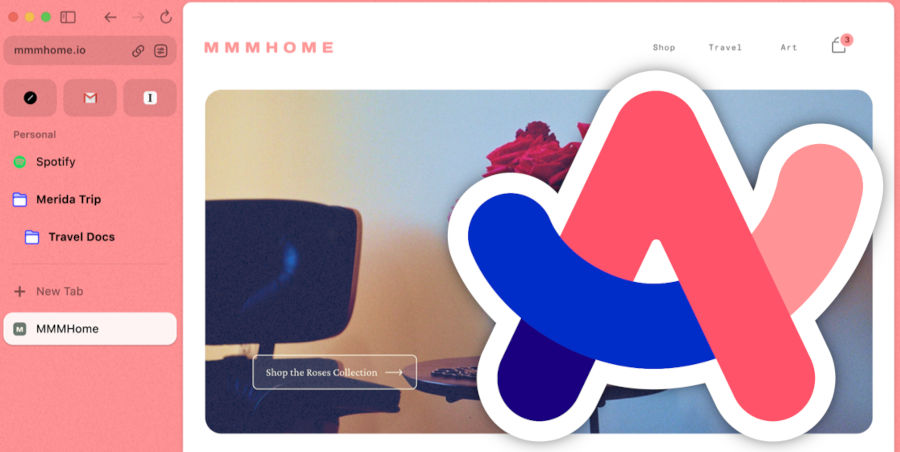



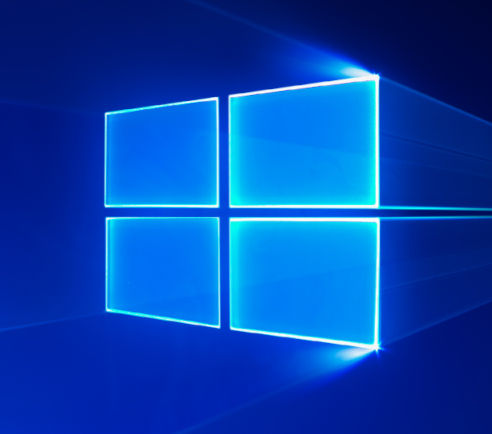

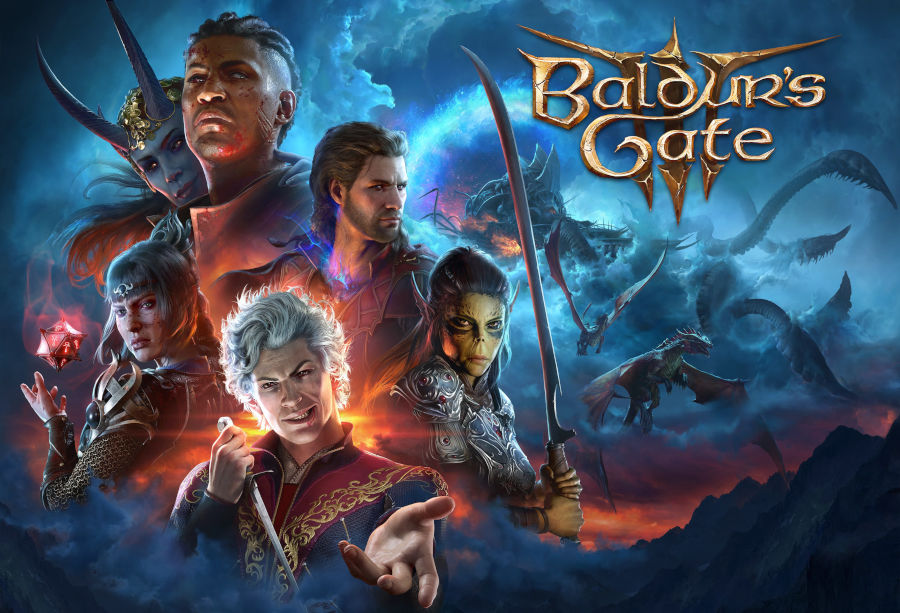










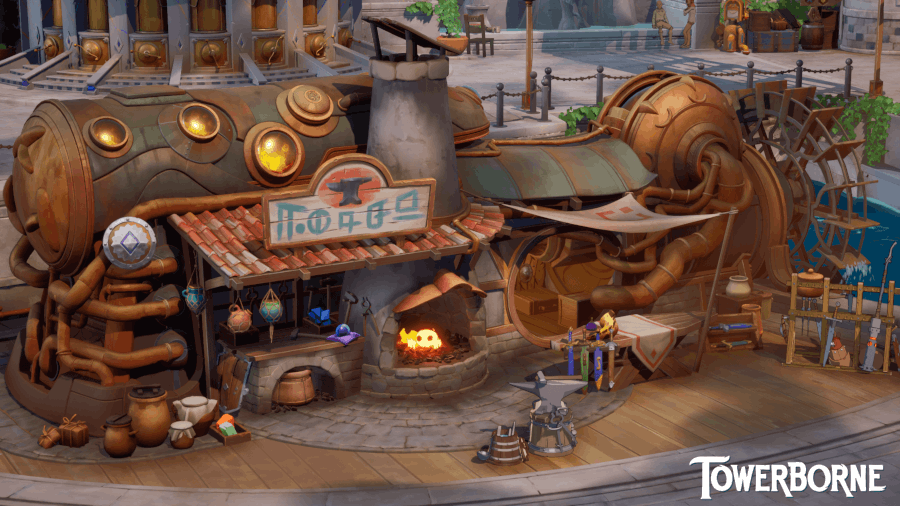
COMMENTS